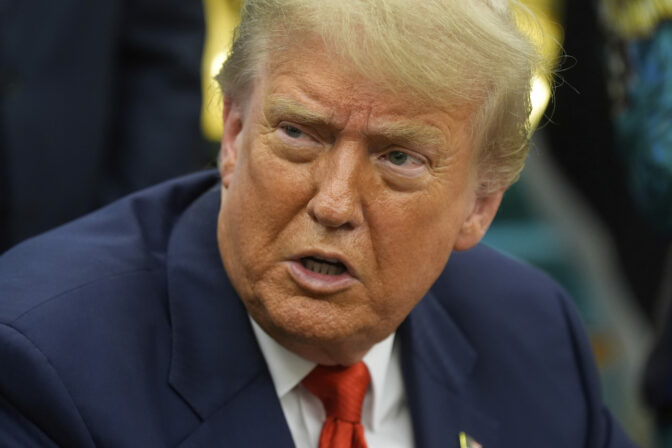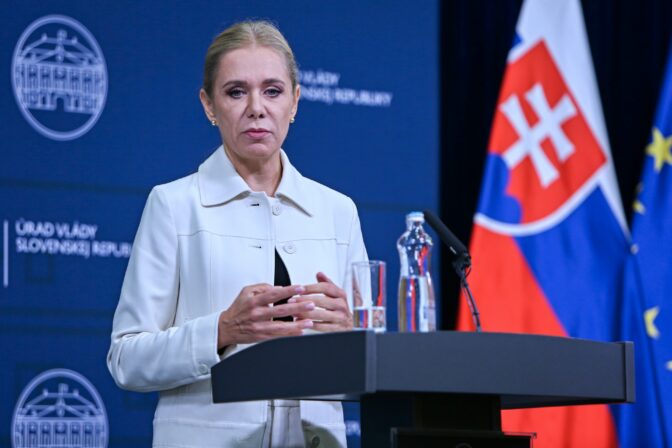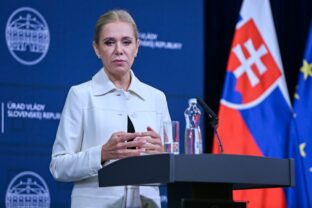KOSICE, March 21, (WEBNOVINY) — At Wednesday’s non-public session the Slovak Constitutional Court accepted for further proceedings a proposal of a group of sixty parliamentary deputies to start proceedings about interpretation of Article 102, Section 1, Letter t) and Article 150 of the Slovak Constitution governing powers of the president of the Slovak Republic. A differing standpoint of Judge Peter Brnak will be attached to Wednesday’s decision to accept the motion.
The deputies ask the Constitutional Court for interpretation of the Constitution in relation to the fact that President Ivan Gasparovic has not appointed to date the candidate for prosecutor general Jozef Centes, who was duly elected by parliamentary deputies. MPs say that according to Article 102 of the Constitution, the president of the Slovak Republic appoints and dismisses judges, the president and vice-president of the Supreme Court, prosecutor general, and three members of the Judicial Council, and receives judges’ oaths of office. In accordance with Article 150, the prosecution service is led by prosecutor general, who is appointed and dismissed by the president of the Slovak Republic at the proposal of Slovak Parliament. According to the filed complainant, the conflict between Parliament and the president concerns interpretation of the aforementioned provisions.
The deputies say that it is obvious that the president based his decision on such interpretation in the sense of which he is not bound by a deadline within which he should decide, nor an obligation to satisfy a proposal of Parliament to appoint a candidate to the position of prosecutor general and at the same time in evaluating the proposal apart from fulfilling lawful conditions he is also allowed to take into account other variables based on his own considerations. The petitioners say that the correct interpretation confirming the Constitution is the one according to which the president is obliged to decide about the parliamentary proposal to appoint an elected candidate for the position of prosecution general without undue delay. He is at the same time authorized not to comply with such a proposal only if the elected candidate does not fulfill conditions stipulated by law and the Constitution, whether he fulfilled all requirements in order to be nominated to the post or whether he was elected in conflict with rules determined for the selection of the candidate for the position of prosecutor general.
The MPs therefore ask the Constitutional Court to decide and issue a ruling that the president of the Slovak Republic is obliged without undue delay to decide about proposal of Slovak Parliament to appoint a candidate for the position of prosecution general.
At the end of February deputies of former ruling coalition parties KDH, MOST-HID, SDKU-DS and SaS turned to the Constitutional Court with a demand for interpretation of the Slovak Constitution in the matter of appointing the prosecutor general. Radoslav Prochazka (KDH), chairman of the Parliamentary Constitutional Committee, who penned the motion, explained on February 24 that they wanted the Constitutional Court to state that the head of state is obliged to decide on the candidate elected by parliament without undue delay.
SITA












